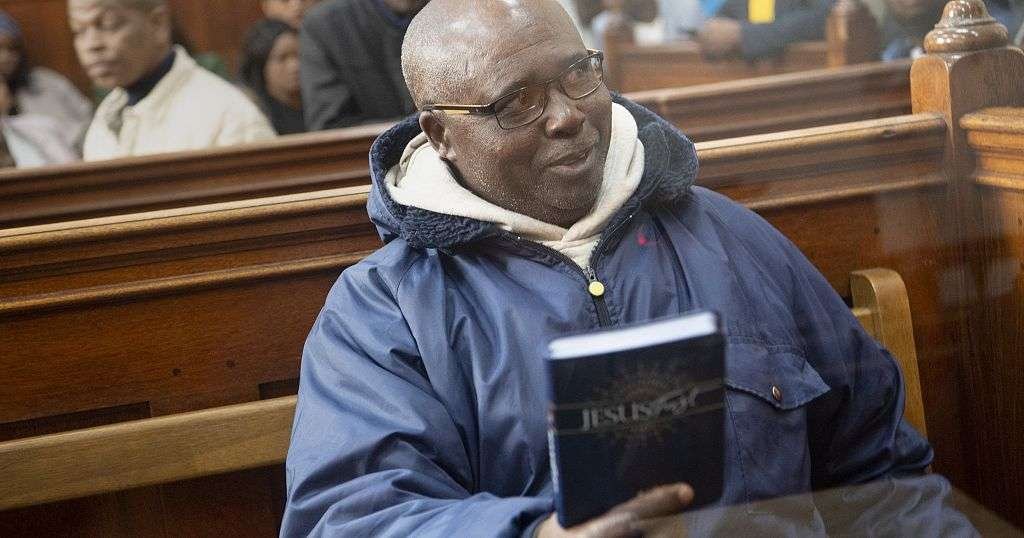Kigali, Rwanda – (African Boulevard News) – The long-awaited transfer of Fulgence Kayishema, a Rwandan genocide suspect, to a UN court has been delayed in South Africa. The postponement came after prosecutors failed to file an application to initiate the transfer process, prolonging the quest for justice for the victims of the 1994 Rwandan genocide.
The hearing, which was expected to take place this week, was postponed by a South African judge who expressed disappointment in the prosecution’s lack of preparedness. The judge emphasized the importance of adhering to legal procedures in such a significant case and urged the prosecution to rectify the situation promptly.
Fulgence Kayishema, a former mayor of Kibuye in western Rwanda, is accused of orchestrating the massacre of Tutsis during the genocide. He has been living in South Africa for several years, evading justice. The delay in his transfer has caused frustration among survivors and human rights advocates, who have been awaiting his extradition to face trial for his alleged crimes.
The postponement has raised concerns about the commitment of South Africa’s justice system to international law and its obligations to bring genocide suspects to justice. Experts argue that the delay may send the wrong message to other countries harboring individuals accused of serious crimes, potentially undermining global efforts to combat impunity.
Speaking about the delay, human rights activist Agnes Mutamba expressed her disappointment, stating, “This delay is a blow to the survivors and a setback for justice. It is crucial for South Africa to fulfill its obligations under international law and ensure that genocide suspects are held accountable for their actions.”
The case of Fulgence Kayishema is a high-profile one that highlights the challenges faced by countries when dealing with extradition requests for individuals accused of genocide. Prosecuting such cases requires international cooperation and adherence to legal procedures to ensure a fair trial.
While the delay is undoubtedly disappointing, it is important to remember that the quest for justice is a complex process. The postponement allows prosecutors to rectify their oversight and ensure that all necessary legal requirements are met for the successful transfer of the suspect to the UN court.
As the international community awaits further developments in this case, it is essential for all parties involved to prioritize justice for the victims of the Rwandan genocide. The delay serves as a reminder that the pursuit of justice requires unwavering commitment and adherence to legal procedures, ultimately bringing closure and healing to survivors and their families.

